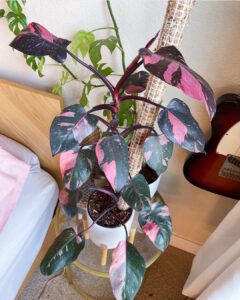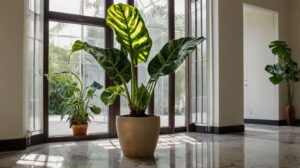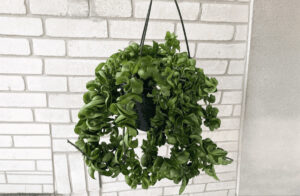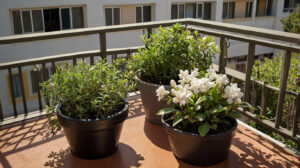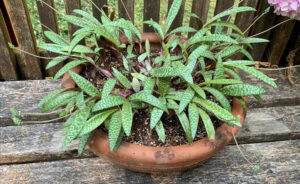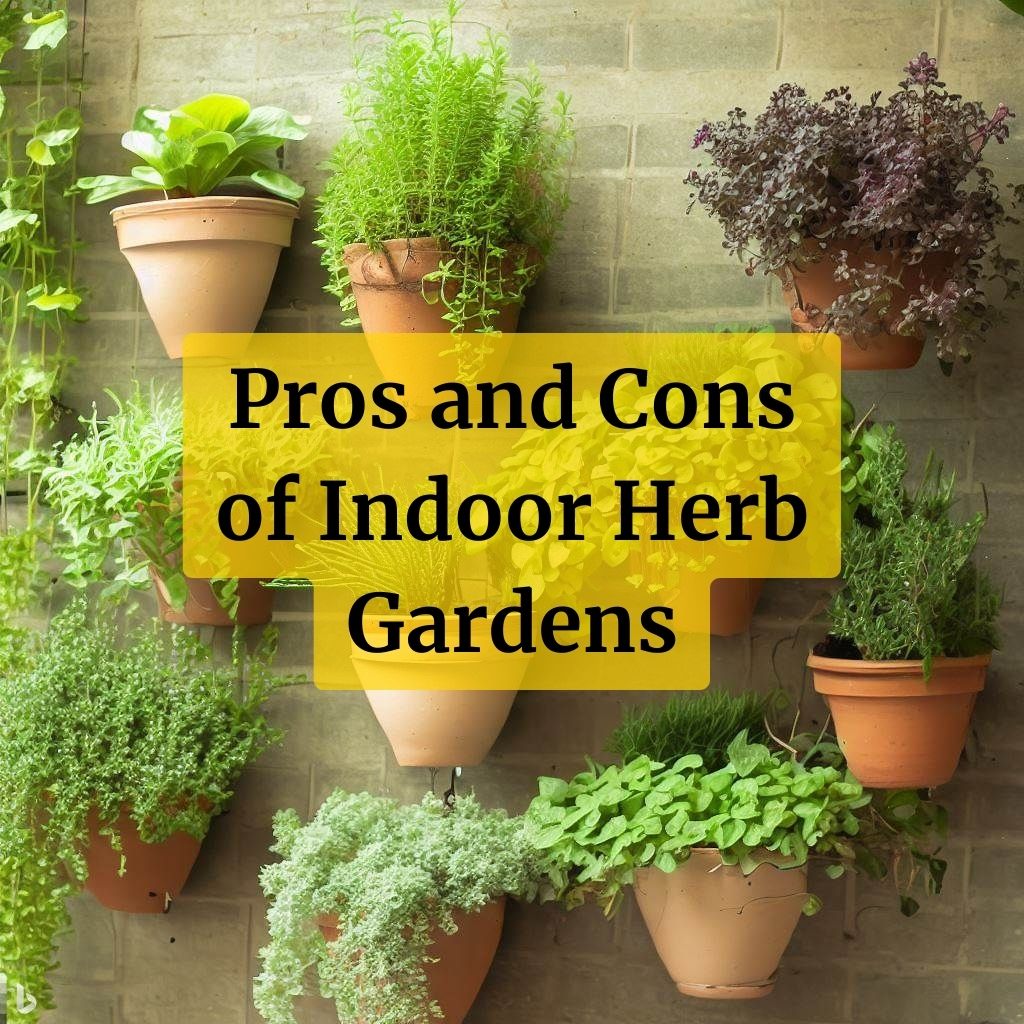
The growing trend of indoor herb gardens has become a staple in many households, offering a variety of benefits and challenges. In this article, we’ll explore the pros and cons of indoor herb gardens to help you decide if they’re right for you.
Pros of Indoor Herb Gardening
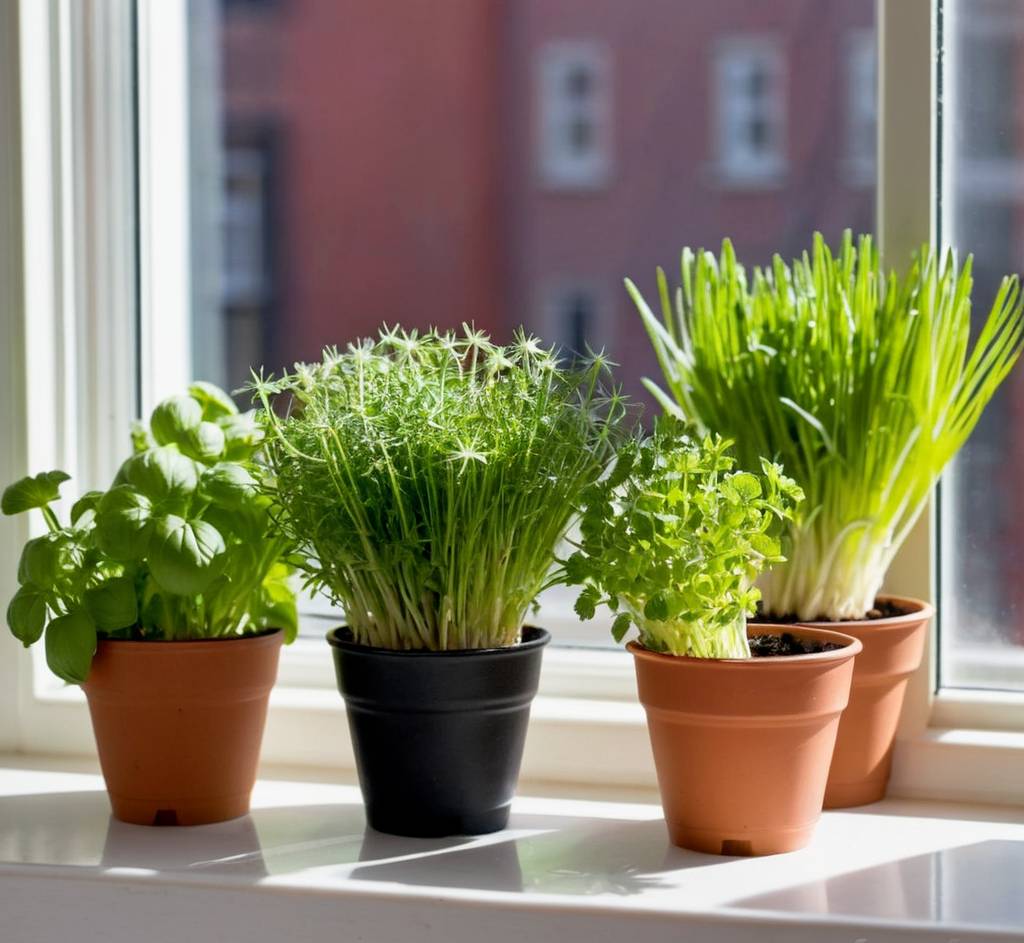
- Fresh Herbs Year-Round: One of the primary advantages of indoor herb gardens is the ability to have fresh herbs at your fingertips throughout the year. No need to rely on store-bought herbs that may lose flavor and potency over time.
- Convenient Access: Indoor herb gardens are incredibly convenient. You can snip herbs for cooking or garnishing dishes without having to step outside or make a trip to the grocery store.
- Health Benefits: Growing your herbs indoors means you have control over the growing conditions. You can avoid pesticides and herbicides, ensuring that your herbs are as healthy and chemical-free as possible.
- Decorative Element: Indoor herb gardens can enhance the aesthetics of your home. They serve as living decor, adding a touch of greenery and freshness to your living space.
- Learning Opportunity: Indoor herb gardens are an excellent way to learn about plant care and gardening, making them an educational experience for both adults and children.
Cons of growing your own indoor herbs
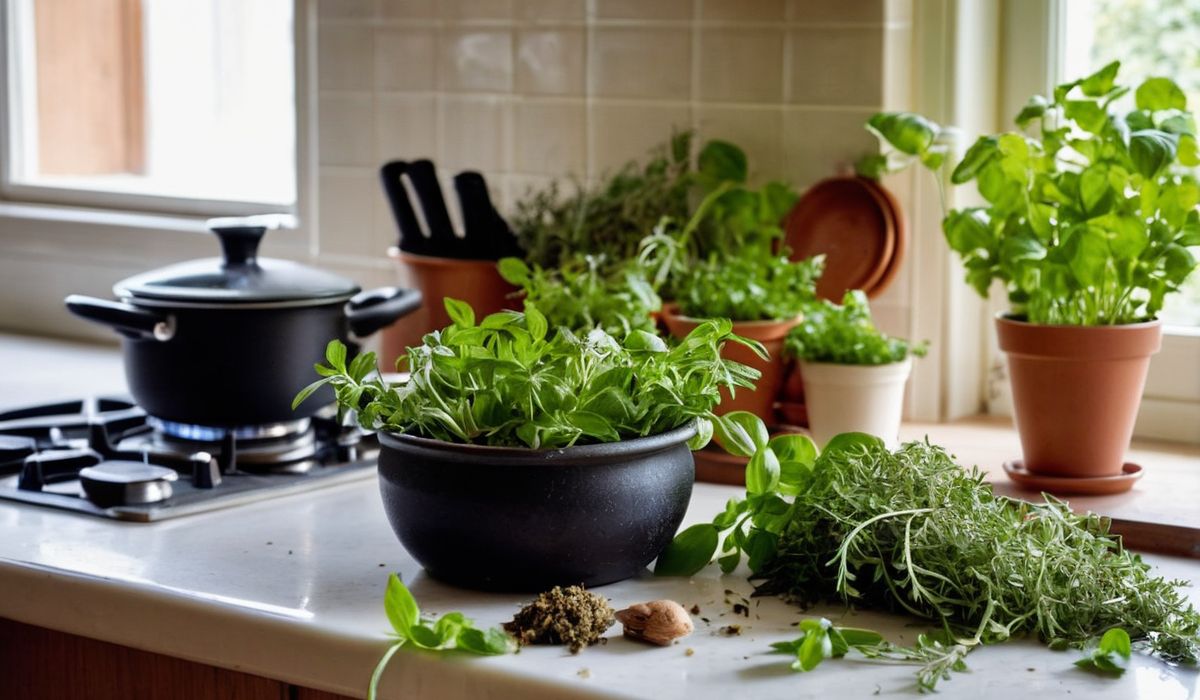
- Limited Space: Indoor herb gardens are constrained by the space available in your home. Depending on your living situation, you may not have room for a large herb garden.
- Light Requirements: Herbs need ample light to thrive, and many homes don’t have enough natural sunlight. This can necessitate the use of grow lights, which can be an added expense.
- Maintenance: Like any garden, indoor herb gardens require maintenance. You’ll need to water, prune, and repot your herbs as they grow, which can be time-consuming.
- Pests and Diseases: Indoor plants are not immune to pests and diseases. You may need to deal with issues like aphids, mealybugs, or fungal infections.
- Initial Investment: Setting up an indoor herb garden can be costly. You’ll need to purchase pots, soil, seeds or starter plants, and potentially grow lights and other equipment.
RELATED: Essential Tools You Need to Get Started with Indoor Herb Gardening
Indoor herb gardens offer numerous advantages, including fresh herbs year-round, convenience, and health benefits. They can also serve as decorative elements and educational tools. However, they come with challenges such as limited space, light requirements, maintenance, and potential issues with pests and diseases.
Consider your space, commitment, and lifestyle when deciding if an indoor herb garden is right for you. With proper care and attention, these gardens can provide a rewarding and sustainable source of fresh herbs in your home.
Frequently Asked Questions
What are the benefits of having an indoor herb garden?
Fresh herbs readily available indoors
No need to go to the grocery store for herbs
Ability to grow herbs in small spaces
Ability to grow herbs year-round
Ability to grow herbs without pesticides or other chemicals
What are the best container options for indoor herb gardens?
Various container options for indoor herb gardens include pots, planters, and window boxes. Plastic containers are lightweight and easy to move, but they may not be as aesthetically pleasing as ceramic or clay pots.
What are the optimal light ranges for indoor herb cultivation?
Herbs prefer 6-8 hours of direct sunlight.
What are some popular indoor herb varieties?
Popular indoor herb varieties include basil, mint, rosemary, parsley, thyme, and chives.
